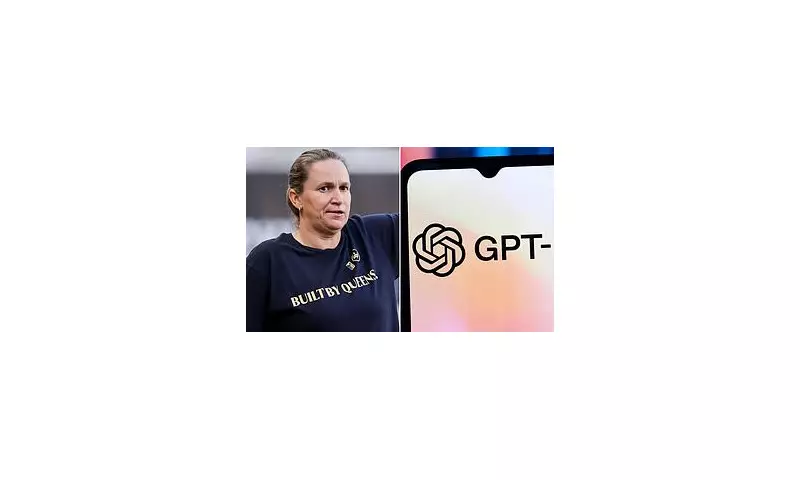
In a stunning revelation that's shaking the foundations of professional football, the former head coach of Seattle Reign has been exposed for using artificial intelligence to make critical team decisions throughout the recent National Women's Soccer League season.
The AI Playbook
An internal investigation uncovered that the coach regularly turned to ChatGPT to formulate match tactics, select starting lineups, and even determine substitution patterns. Sources close to the club revealed that the AI system was consulted for everything from defensive formations to attacking strategies.
The controversial approach saw the coach inputting player statistics, opposition analysis, and match conditions into the popular AI chatbot, then implementing the generated responses as game plans. Multiple team insiders confirmed they had grown suspicious of the unusual tactical decisions that often defied conventional football wisdom.
Fallout and Reactions
The scandal has sent shockwaves through the NWSL community, with players expressing anger and betrayal upon learning their careers were being guided by algorithm rather than experienced coaching judgment.
"We trusted our coach to make decisions based on years of experience and football knowledge," said one anonymous player. "Discovering that ChatGPT was calling the shots makes a mockery of everything we've worked for."
League Response
NWSL officials have launched their own investigation into the matter, with league commissioner Jessica Berman stating: "The integrity of our sport depends on genuine coaching expertise. We take these allegations extremely seriously and will take appropriate action once our investigation is complete."
The coach in question has been relieved of duties pending the outcome of multiple investigations. The Seattle Reign organization has issued a formal apology to players and supporters, promising a thorough review of their coaching recruitment and oversight processes.
Broader Implications
This case raises fundamental questions about the role of artificial intelligence in professional sports. While data analytics has become increasingly important in modern football, the direct delegation of tactical decisions to AI represents uncharted territory.
Sports ethicists are divided on whether this constitutes innovation or deception, with many arguing that while AI can supplement coaching decisions, it should never replace human expertise in competitive sports.





